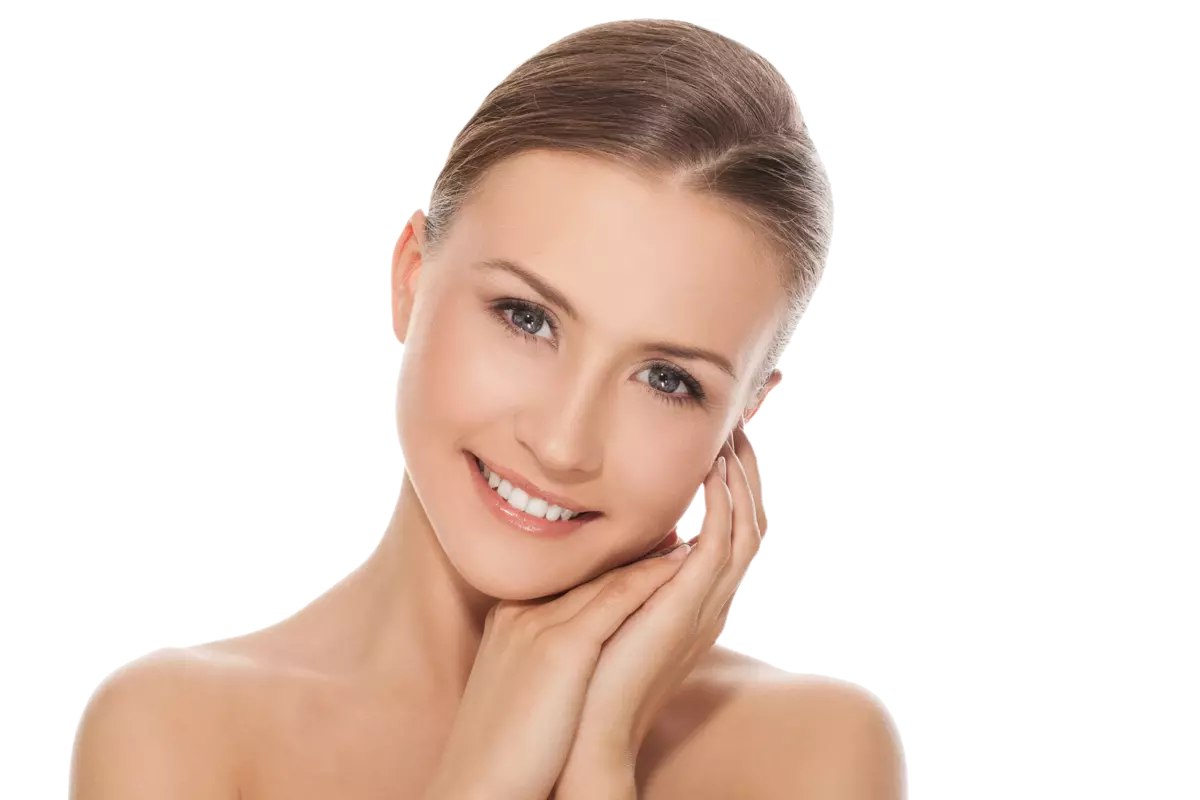Is the Callus Peel pedicure safe for all skin types?
The Callus Peel pedicure is a safe and effective method for removing hardened skin, but it is not suitable for all skin types. The treatment uses fruit acids (AHA, BHA), which gently dissolve dead skin cells, eliminating the need for aggressive scrubbing. This makes it less invasive than traditional mechanical methods (such as a scalpel or electric file).
Who Can Safely Benefit from Callus Peel Pedicure?
✅ People with normal, dry, or calloused skin – the treatment effectively removes thickened skin and hydrates the feet.
✅ People with excessive skin thickening (hyperkeratosis) – helps control the keratinization process, preventing excessive buildup of dead skin.
✅ Individuals with corns and calluses – acids effectively soften hard areas, making them easier to remove.
✅ Those looking for a painless alternative to traditional pedicure methods – no sharp tools are used, minimizing the risk of cuts and irritation.
Is Callus Peel Pedicure Safe for Diabetics?
✔ Yes, but with caution.
- Callus Peel is often recommended as an alternative to mechanical callus removal because it does not cause cuts, which could lead to complications (e.g., slow-healing wounds).
- Diabetics should consult a podiatrist or doctor before the treatment to ensure their skin is healthy and that the procedure is safe for them.
When Is Callus Peel Pedicure Not Recommended?
❌ People with highly sensitive skin – acids may cause redness, burning, or irritation, especially if the skin is thin or delicate.
❌ Individuals with damaged skin – the treatment should not be applied to wounds, cuts, cracked skin, ulcers, or inflamed areas.
❌ People with fungal infections of the feet or nails – applying acids to infected skin may worsen the condition. The infection should be treated first.
❌ Individuals with eczema, psoriasis, or other skin conditions – the treatment may aggravate symptoms and cause irritation.
❌ People allergic to the product’s ingredients – if there is a risk of an allergic reaction, a patch test on a small area of skin is recommended before a full treatment.
How to Minimize the Risk of Irritation After the Treatment?
✔ Do not overuse the treatment – the recommended frequency is every 4–6 weeks to prevent excessive exfoliation and weakening of the skin’s protective barrier.
✔ Regularly moisturize your feet – applying creams with urea (10–15%) or lactic acid helps maintain softness and prevents excessive skin thickening.
✔ Avoid long hot baths – these can weaken the natural skin barrier and lead to dryness.
✔ Protect your feet from friction – wearing comfortable shoes and avoiding walking barefoot helps prevent the formation of new calluses and corns.
Easy Waxing recommendation
The Callus Peel pedicure is a safe, effective, and painless method for removing hardened skin, suitable for most people. However, it is not suitable for everyone – individuals with sensitive, damaged, or medically compromised skin should consult a specialist before undergoing the treatment. To prevent irritation and maintain long-lasting results, it is essential to moisturize regularly and avoid factors that contribute to excessive skin thickening.
Compendium of knowledge about Callus Peel Pedicure
- What is a Callus Peel pedicure?
- What acids are used in the Callus Peel treatment?
- What are the main benefits of an acid-based pedicure?
- Is the Callus Peel pedicure safe for all skin types?
- How long does the entire Callus Peel treatment take?
- What are the contraindications for a Callus Peel pedicure?
- Is an acid pedicure more effective than traditional callus removal with a drill?
- How often can the Callus Peel treatment be performed?
- Does the skin require special care after a Callus Peel treatment?
- Is Callus Peel suitable for people with very sensitive skin?
- What results can be seen after just one Callus Peel treatment?
- Can an acid pedicure be done in summer?
- Does Callus Peel help with cracked heels?
- Is the Callus Peel treatment painful?
- What other treatments can be combined with an acid pedicure for better results?
